.
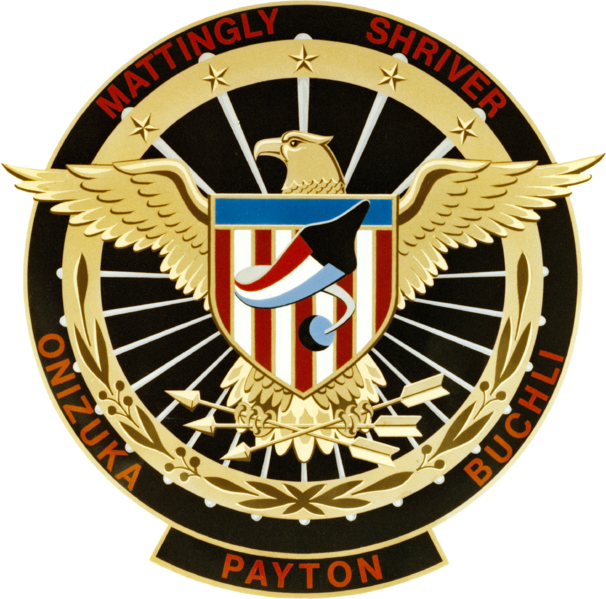
Mission: Department of Defense
Space Shuttle: Discovery
Launch Pad: 39A
Launch Weight: 250,891 pounds
Launched: January 24, 1985 at 2:50:00 p.m. EST
Landing Site: Kennedy Space Center, Florida
Landing: January 27, 1985 at 4:23:23 p.m. EST
Landing Weight: Classified
Runway: 15
Rollout Distance: 7,352 feet
Rollout Time: 50 seconds
Revolution: 49
Mission Duration: 3 days, 1 hour, 33 minutes, 23 seconds
Orbit Altitude: 220 nautical miles
Orbit Inclination: 28.5 degrees
Miles Traveled: 1.3 million
Crew Members

Image above: STS-51C Crew photo with Commander Thomas K. Mattingly, II, Pilot Loren J. Shriver, Mission Specialists Ellison S. Onizuka, James F. Buchli and Payload Specialist Gary E. Payton. Image Credit: NASA
Launch Highlights The launch scheduled for January 23 was scrubbed due to freezing weather conditions. (Orbiter Challenger was scheduled for Mission 51-C but thermal tile problems forced the substitution of Discovery.)
The launch scheduled for January 23 was scrubbed due to freezing weather conditions. (Orbiter Challenger was scheduled for Mission 51-C but thermal tile problems forced the substitution of Discovery.)
The countdown phase was completed satisfactorily, however, two minor orbiter problems were noted during that period. The first occurred during the T-3 hour hold and involved a force fight in the right inboard elevon actuator between channel 4 and channels 1, 2, and 3. The condition corrected itself within 22 seconds after the Auxiliary Power Unit (APU) start up at T-5 minutes. A similar problem with the same channels in the same actuator occurred on STS 41-D (the first flight of this vehicle).
The second problem that was noted during the countdown phase was the high helium concentration in the orbiter mid-body. A pressure decay test showed no significant system leakage. The high helium concentration disappeared when the main propulsion system (MPS) gaseous helium system was pressurized to the flight level.
System operations were all nominal during the ascent phase. Solid rocket booster (SRB) motor performance was near the predicted levels and well within the allowed envelopes. The external tank and MPS performance was excellent with main engine cutoff (MECO) near the predicted time.
At external tank separation, the backup flight system (BFS) did not automatically proceed to major mode 104. The crew performed the necessary manual procedures, and the BFS operated satisfactorily until the deorbit maneuver when the BFS time for deorbit maneuver ignition was 8 seconds late. However, the BFS operated satisfactorily for entry.
Mission Highlights
This was the first mission dedicated to the Department of Defense. The U.S. Air Force Inertial Upper Stage (IUS) booster was deployed and met the mission objectives.
---
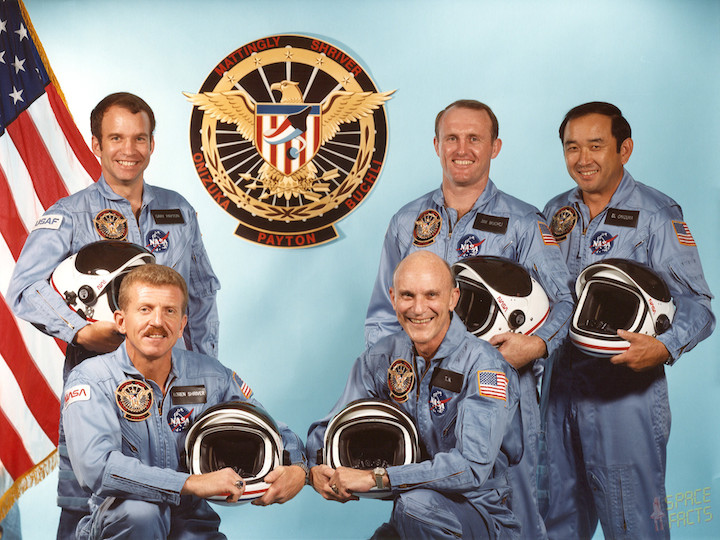
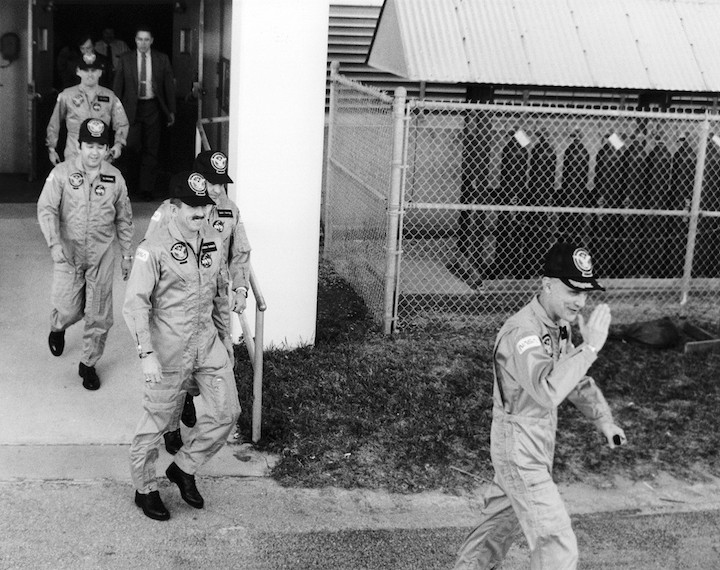
Commander Ken Mattingly (right) had already announced his retirement from NASA to return to the U.S. Navy by the time Mission 51C took place. By his own admission, only the first shuttle mission from Vandenberg Air Force Base might have encouraged him to stay. A year later, the loss of Challenger sounded the death-knell for shuttle flights from the West Coast. Photo Credit: NASA
---
Frams von STS-51C Discovery Mission NASA-Video:
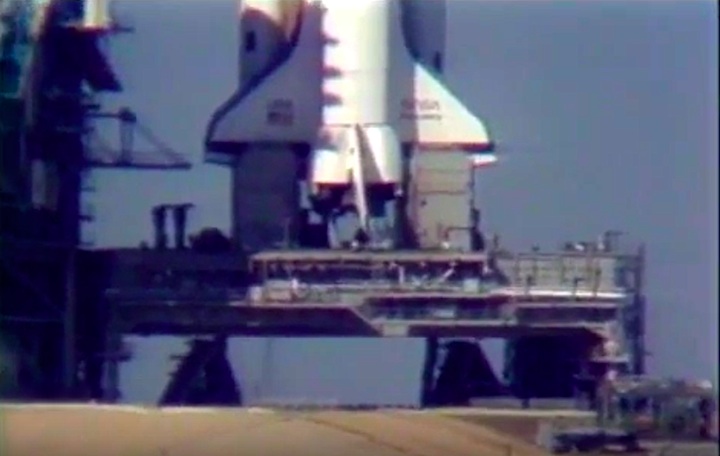
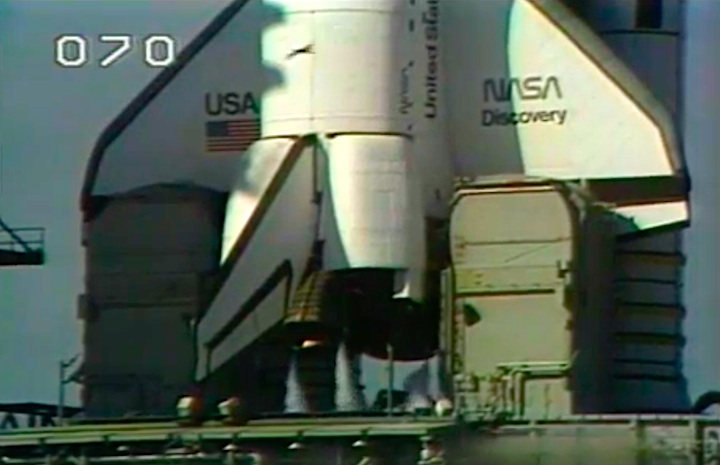
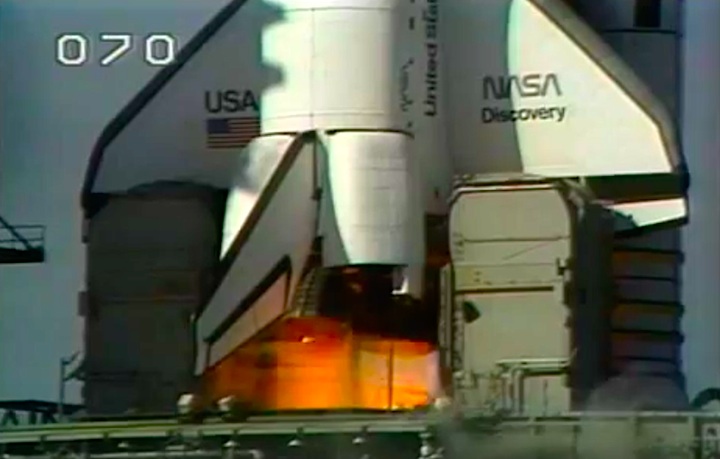
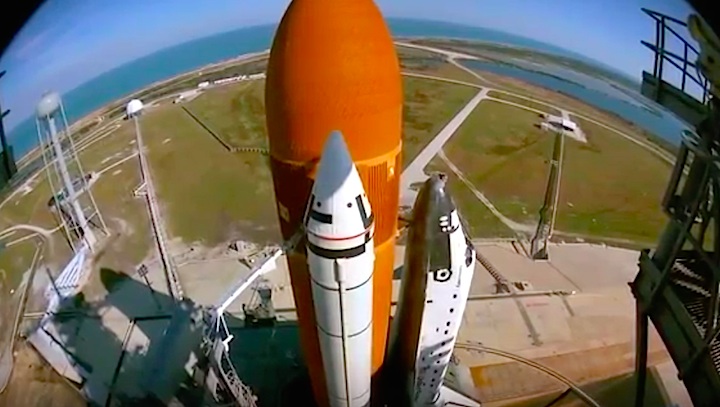
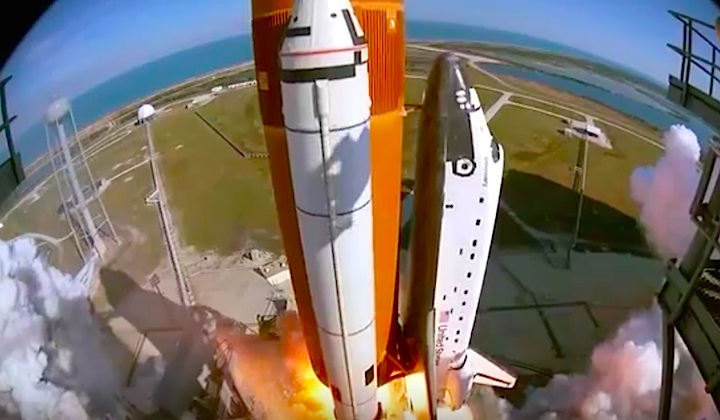
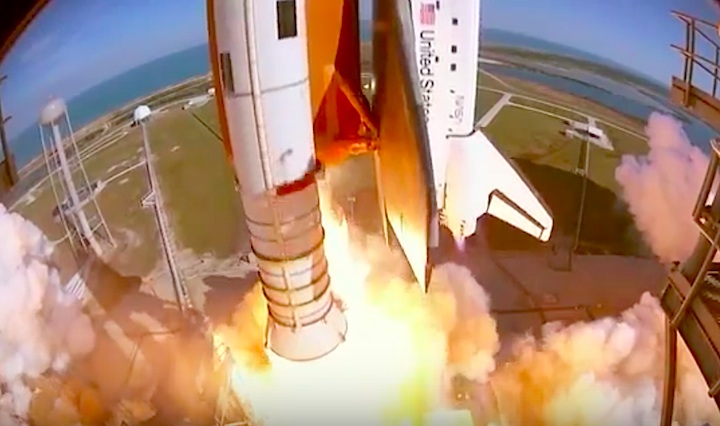
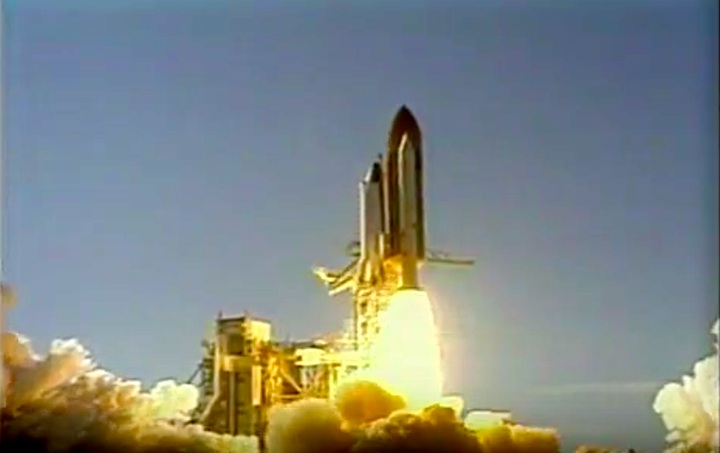
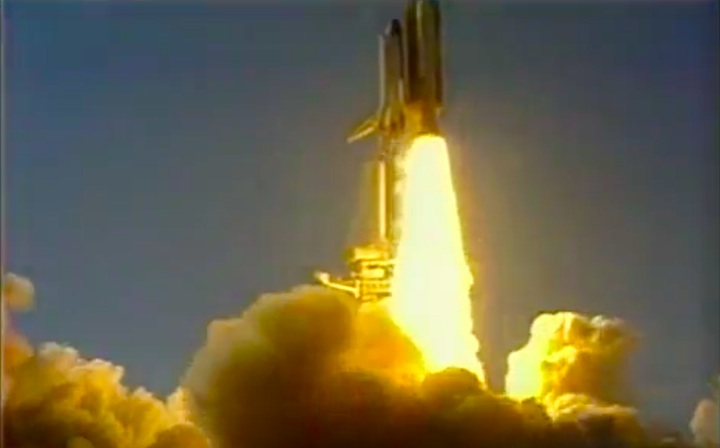
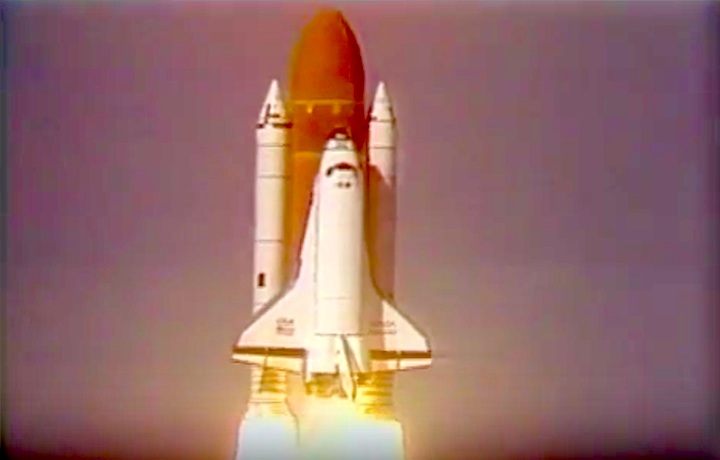
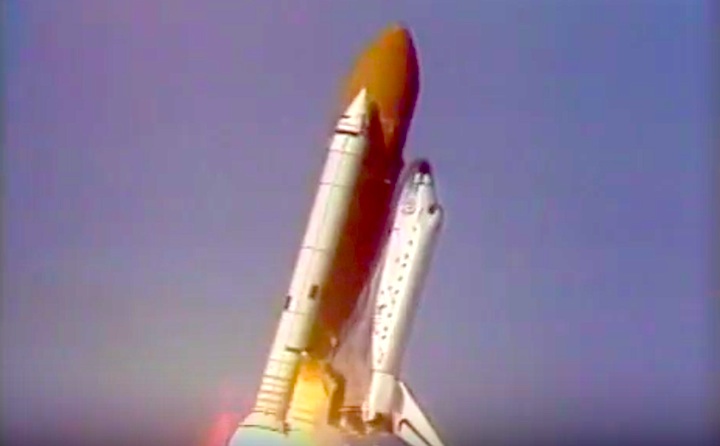
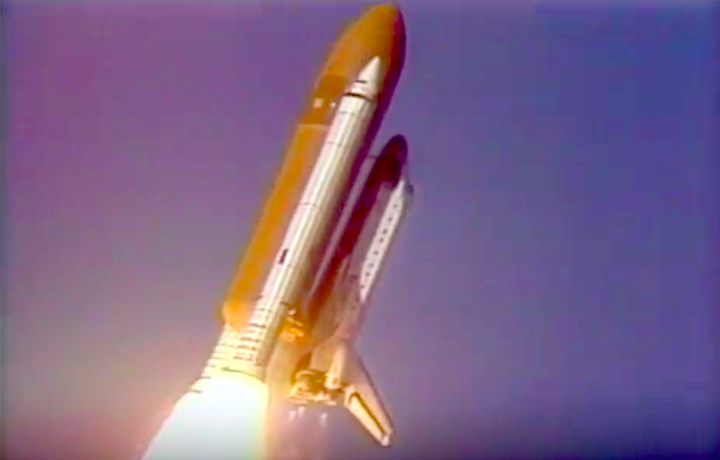
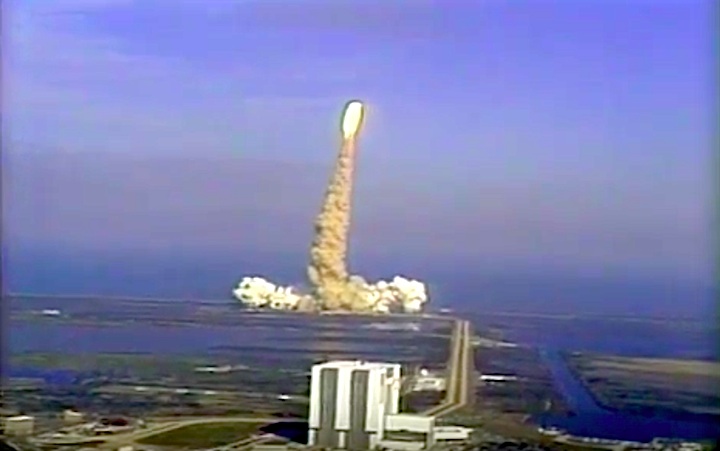
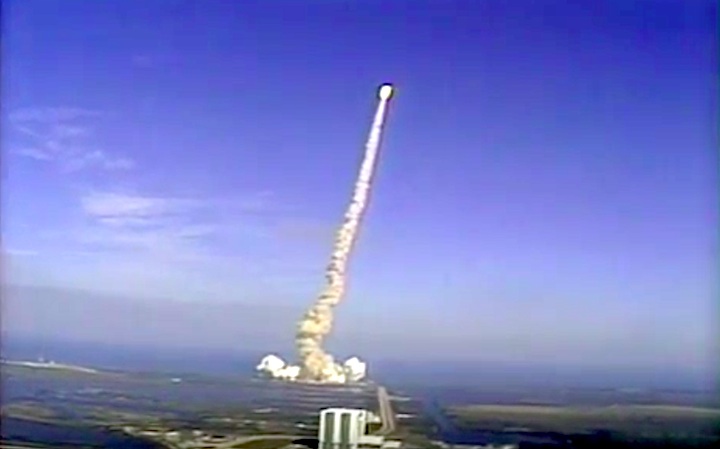
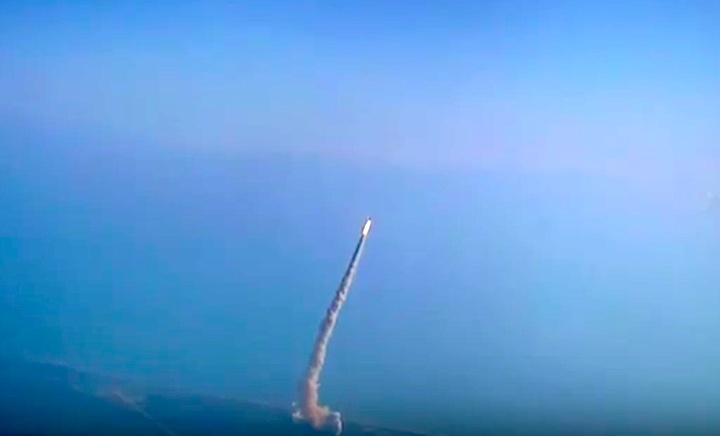
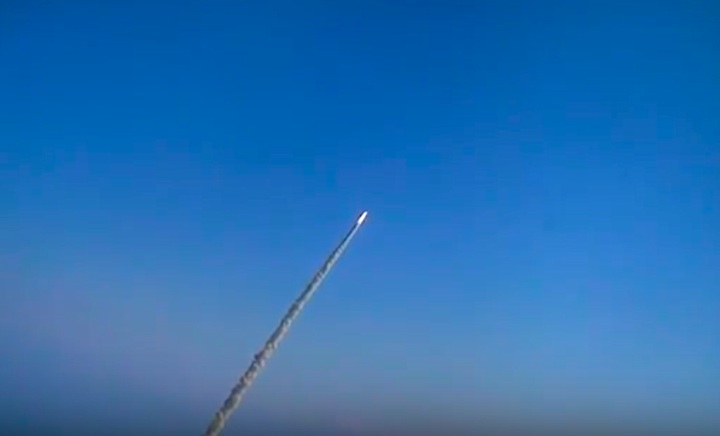
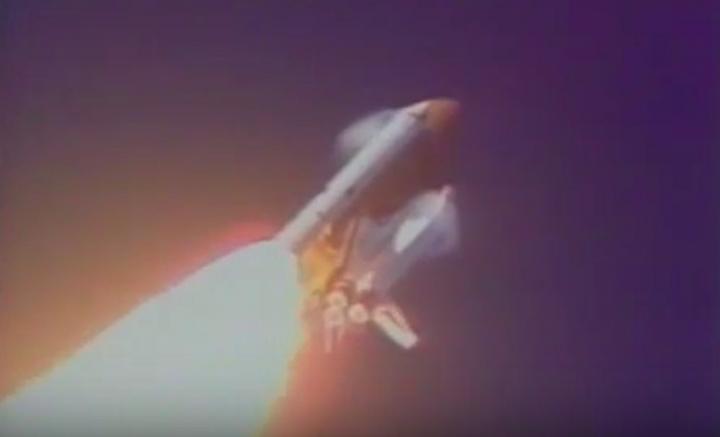
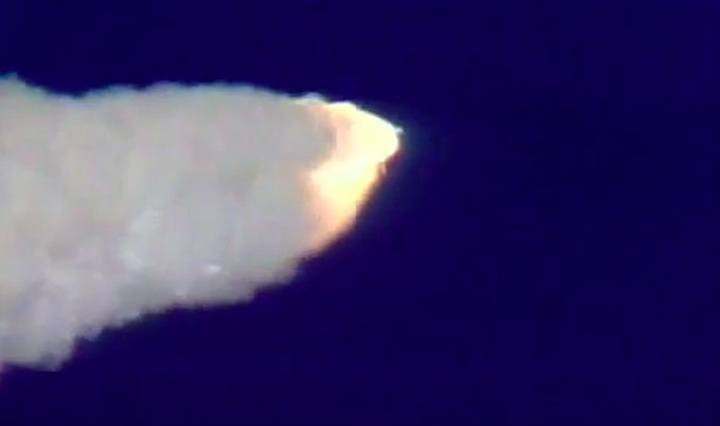
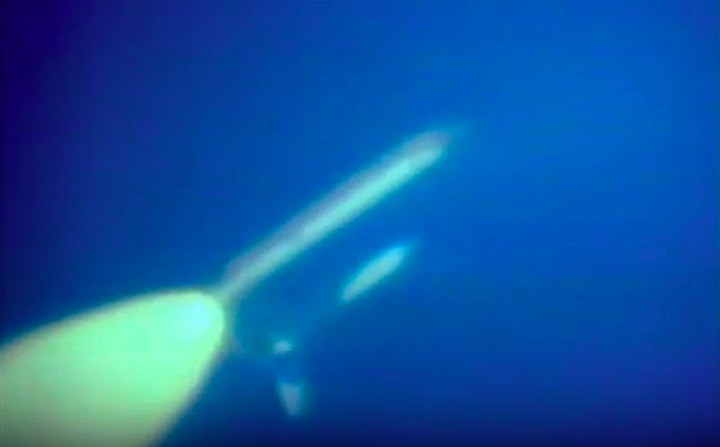
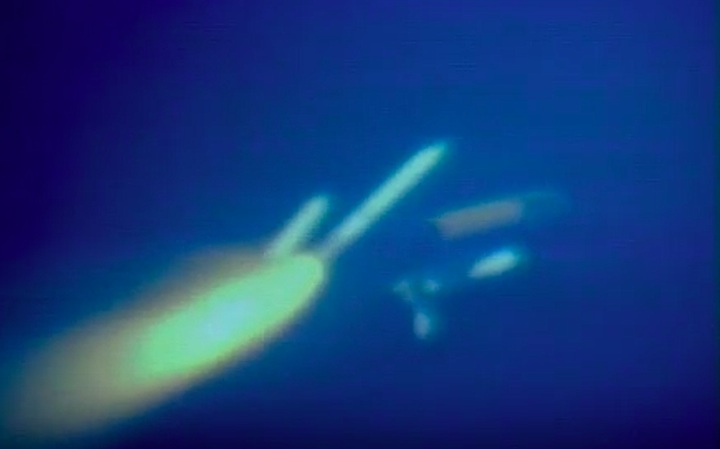
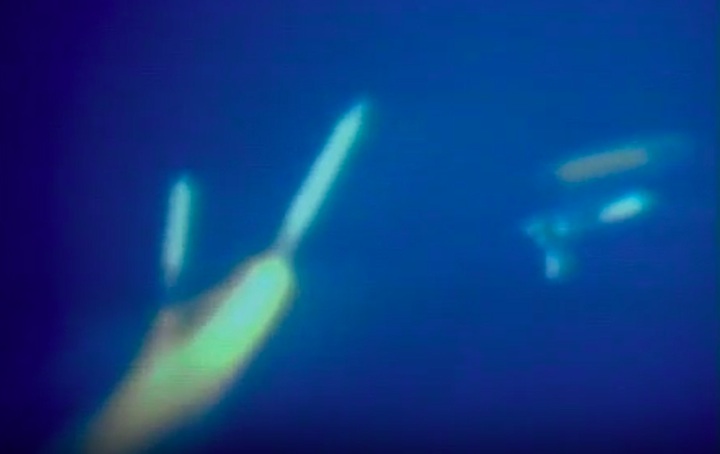
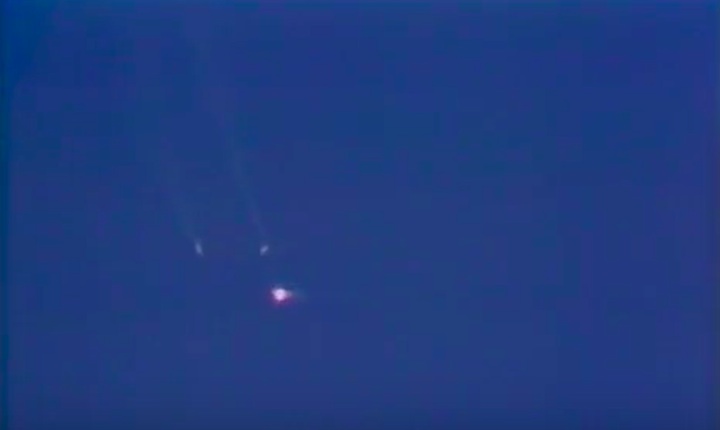
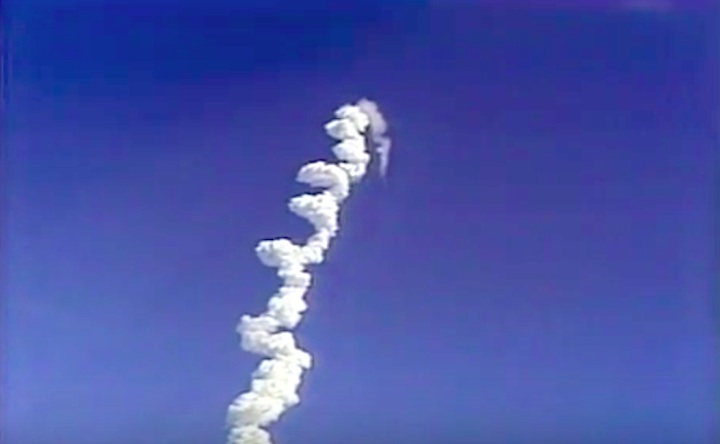
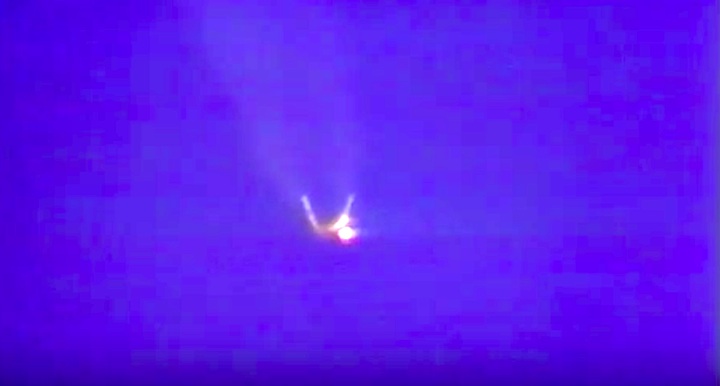
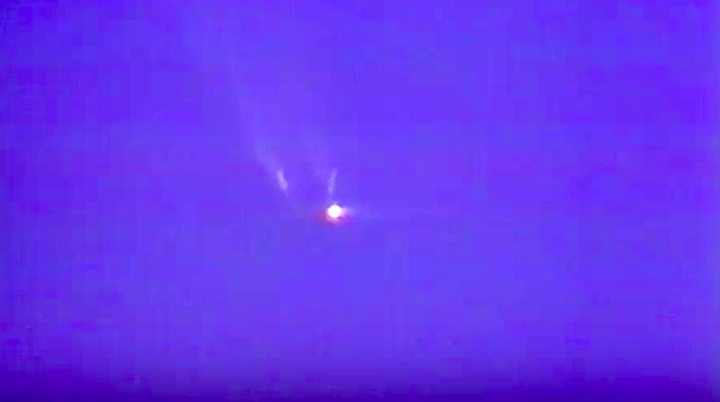
...
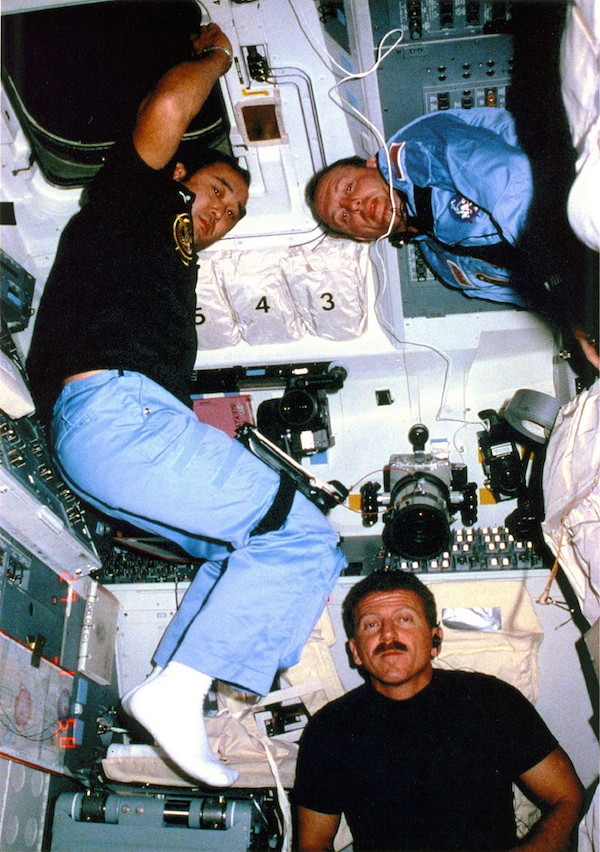
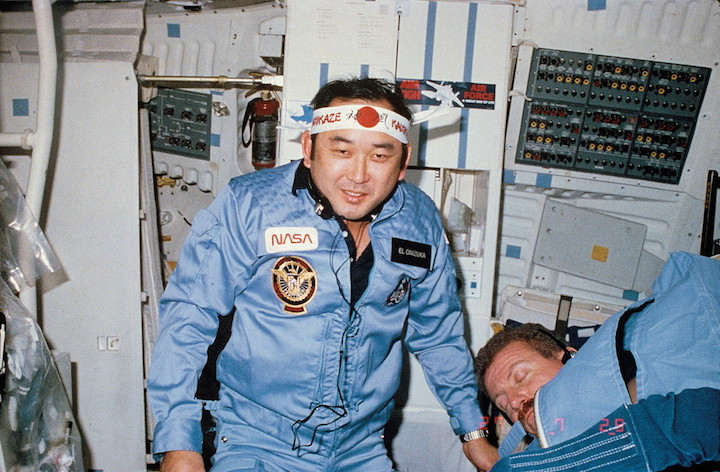
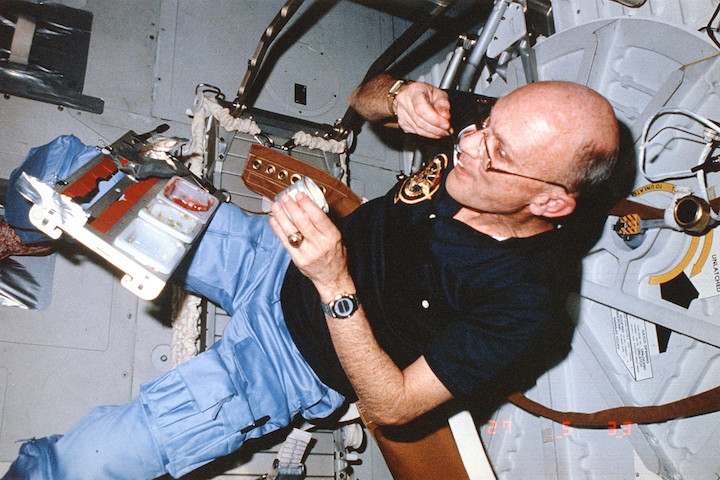
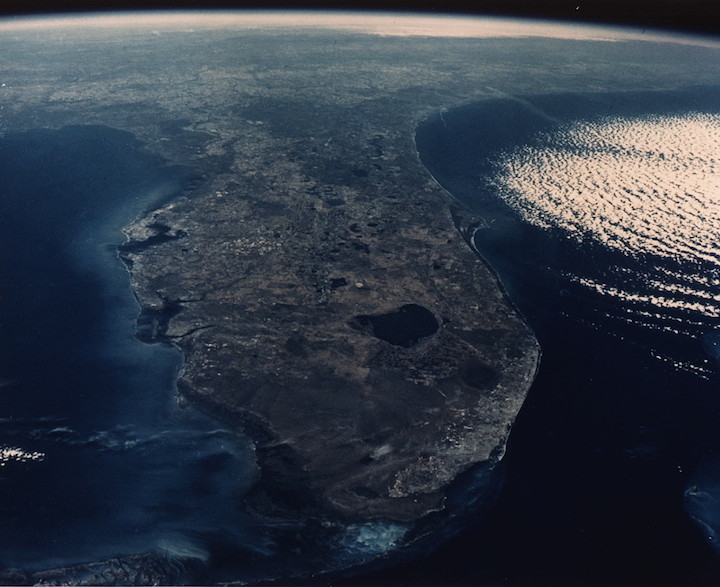

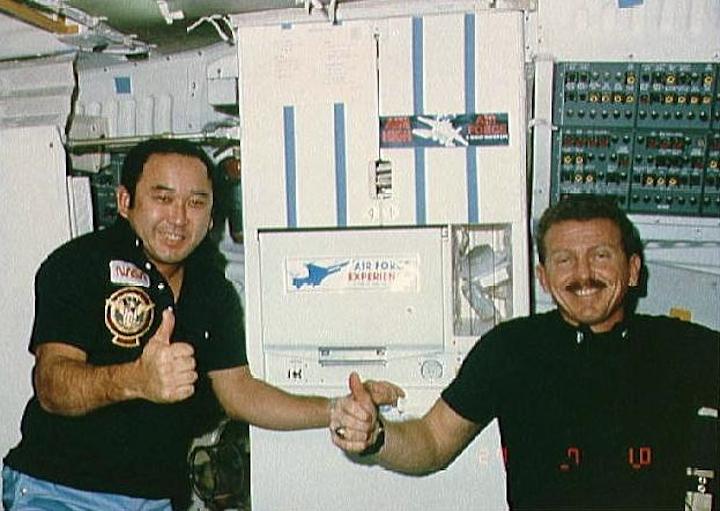
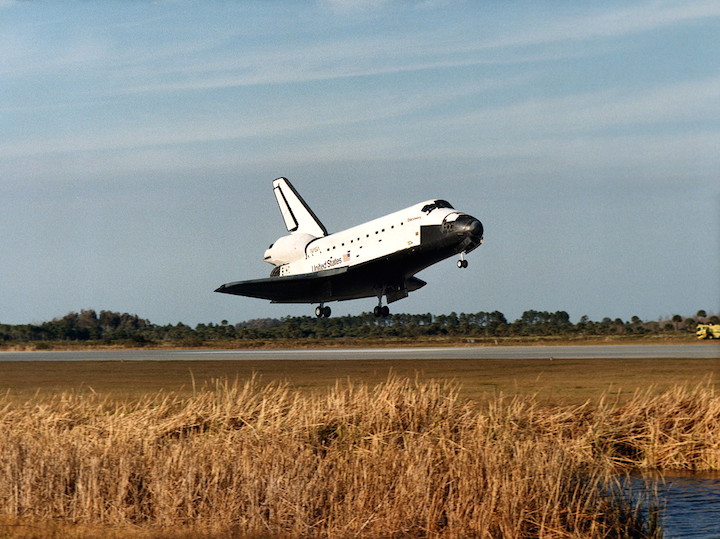
...
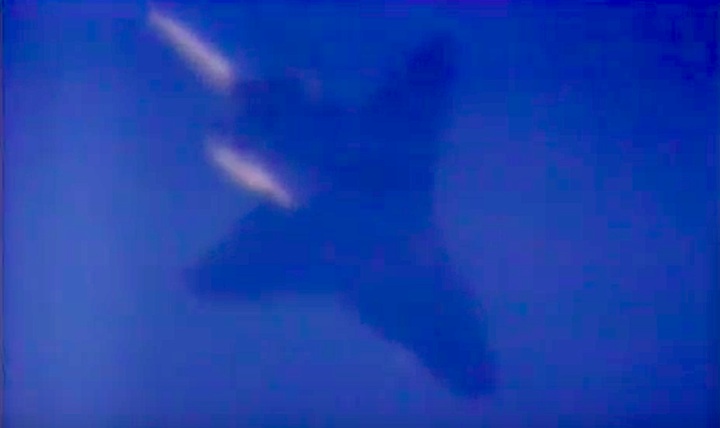
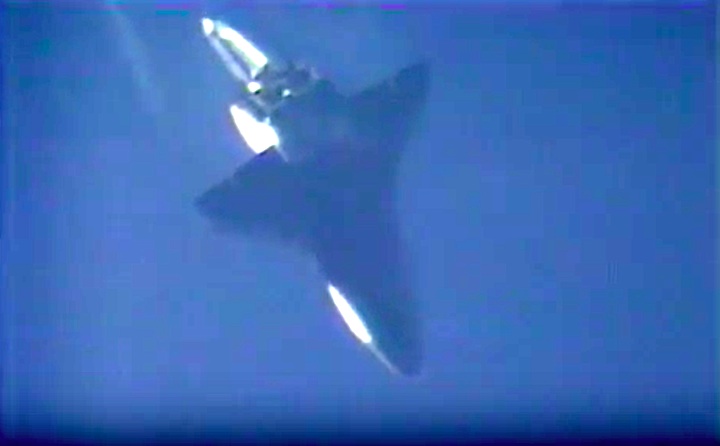
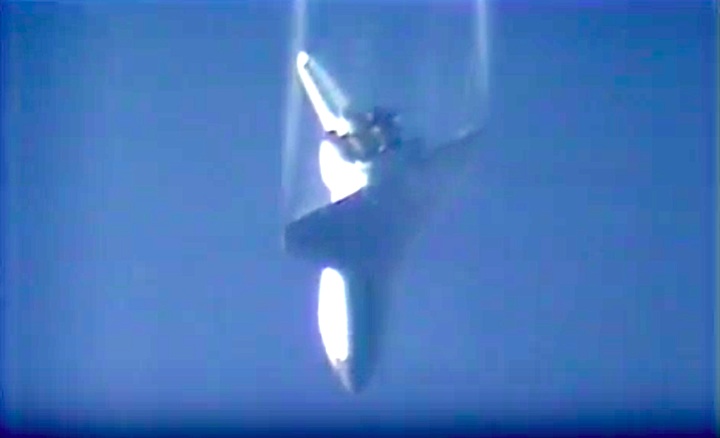
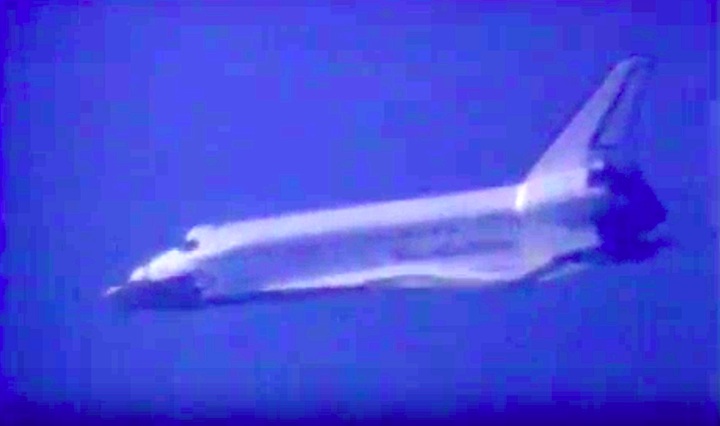
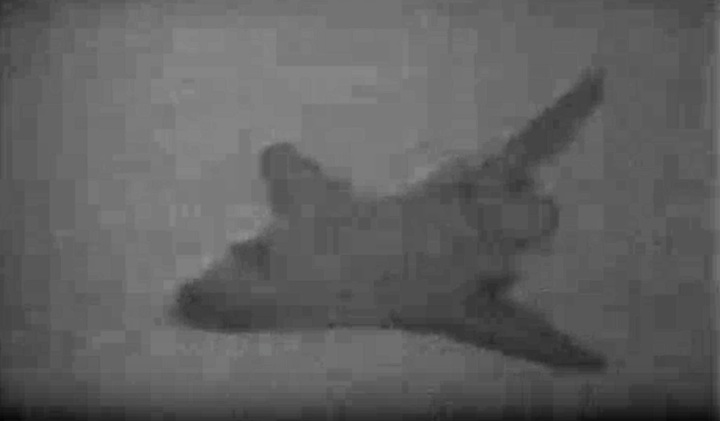
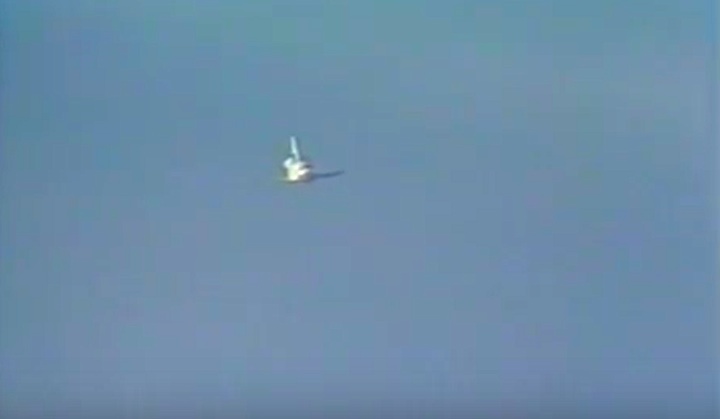
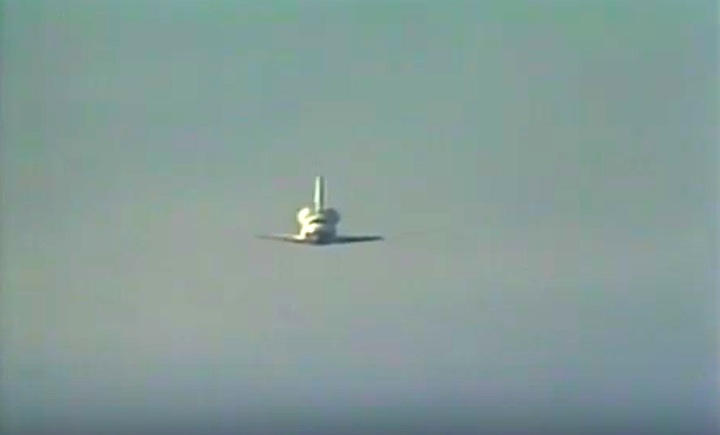
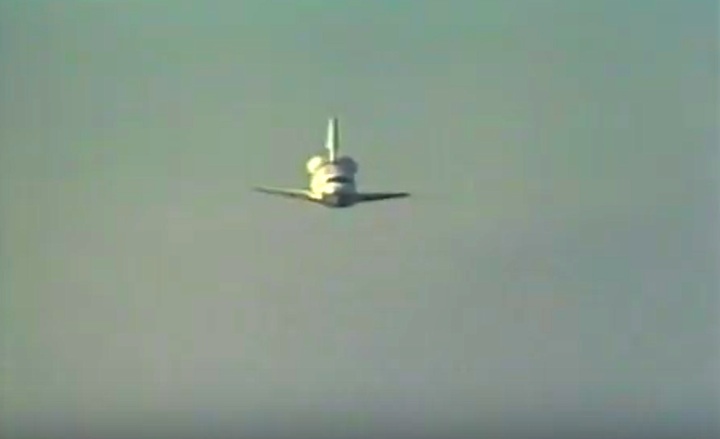
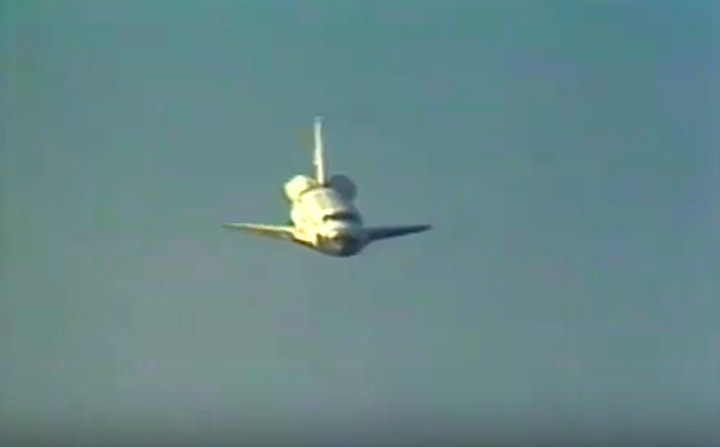
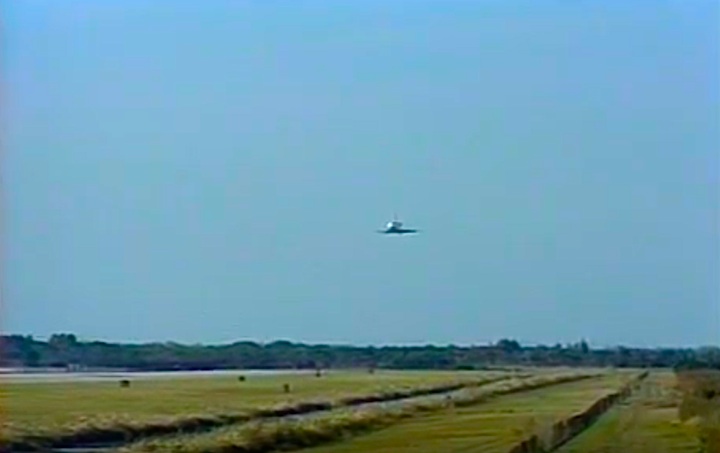
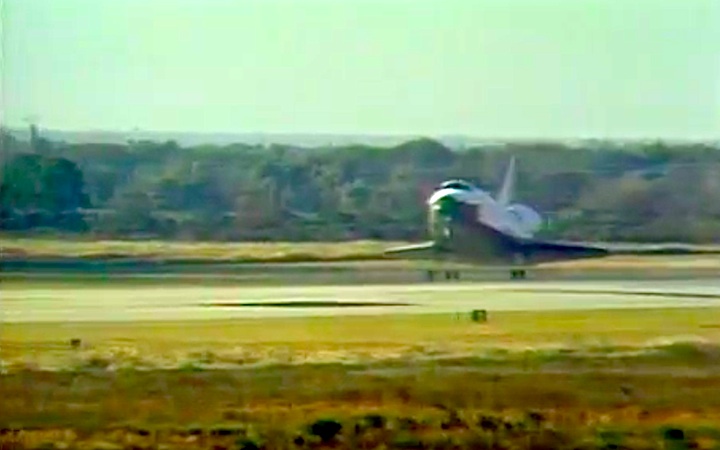
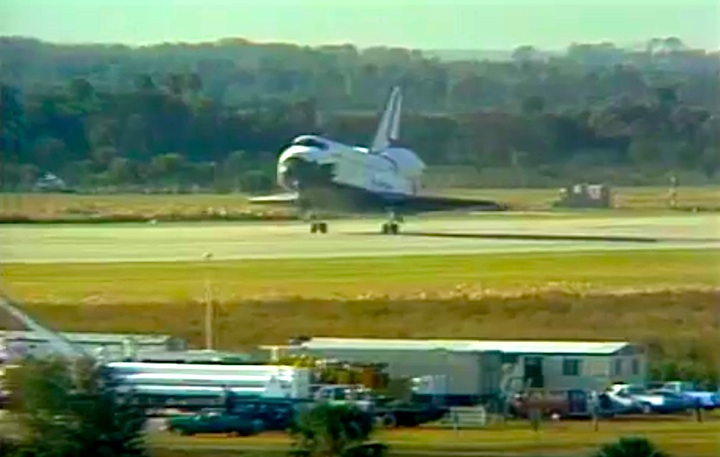
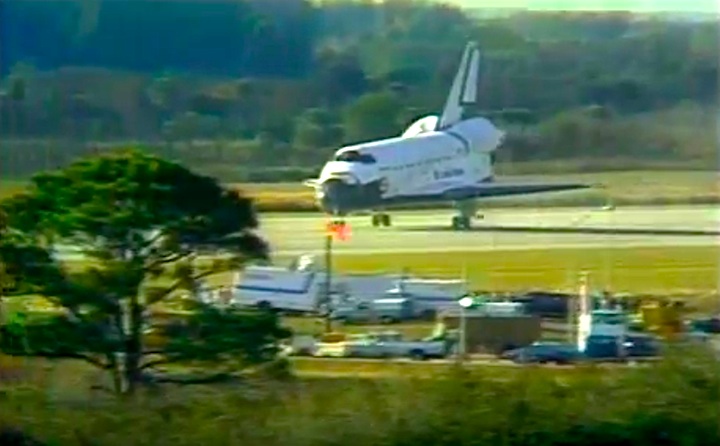
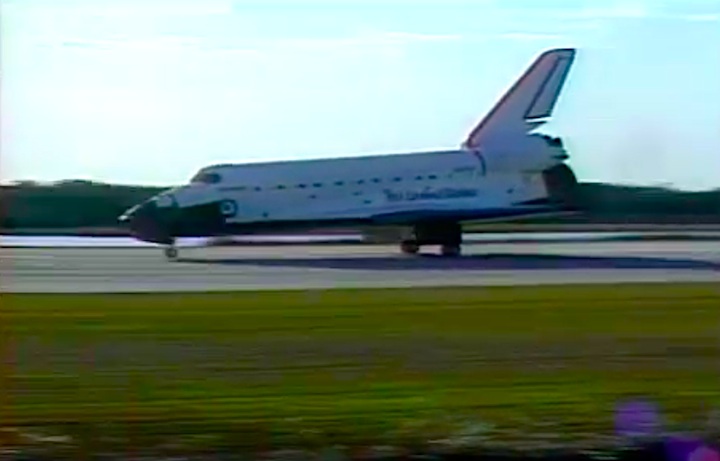
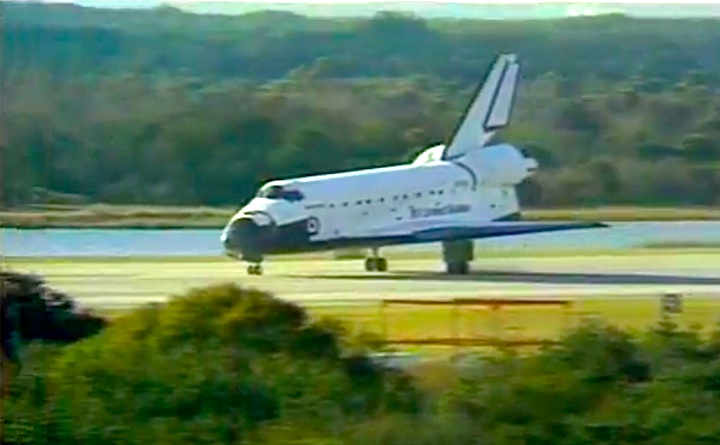
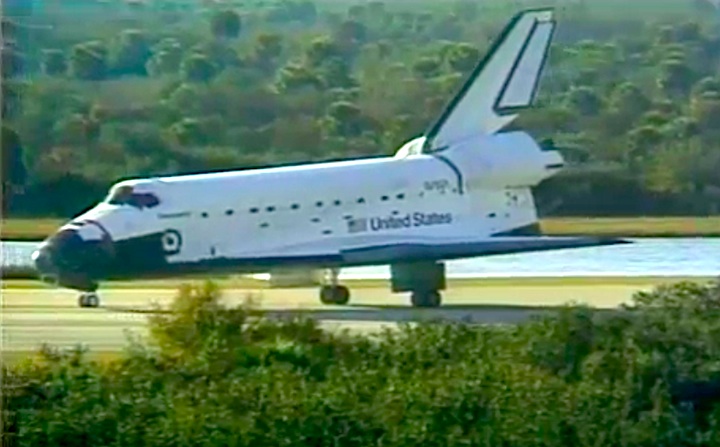
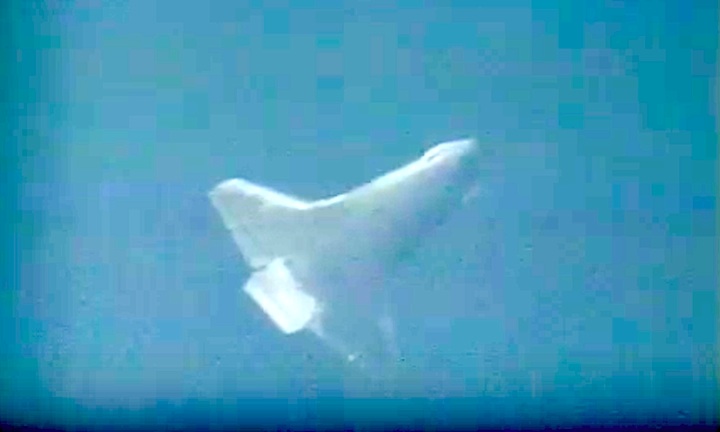
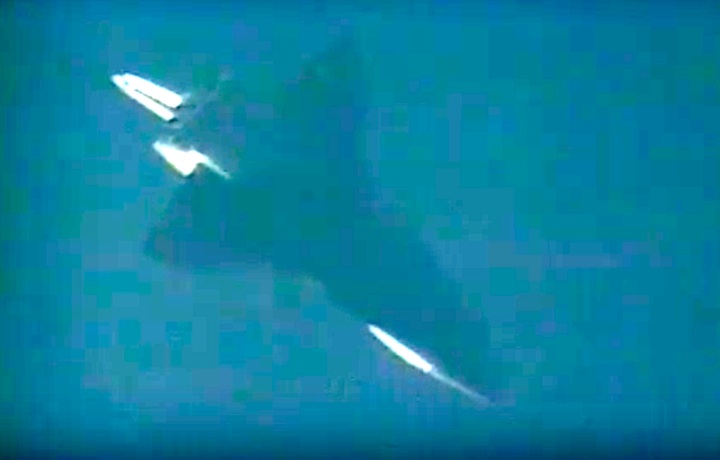
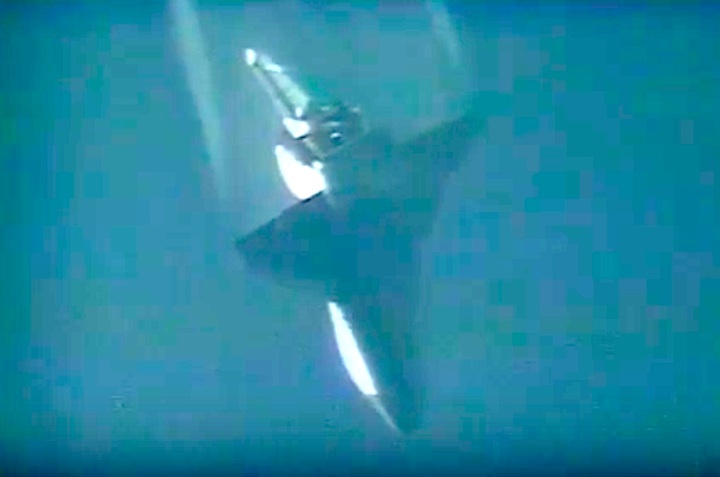
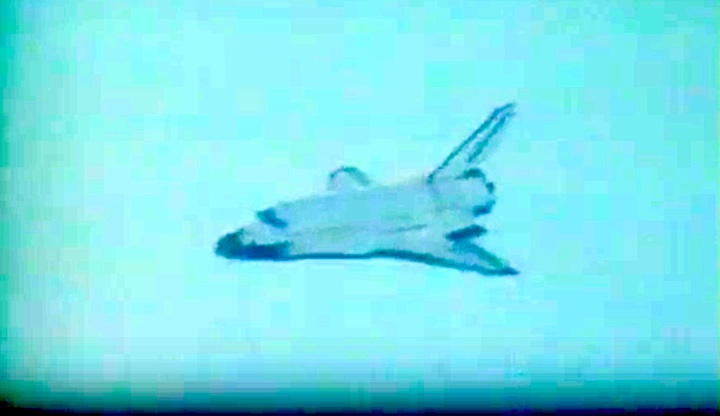
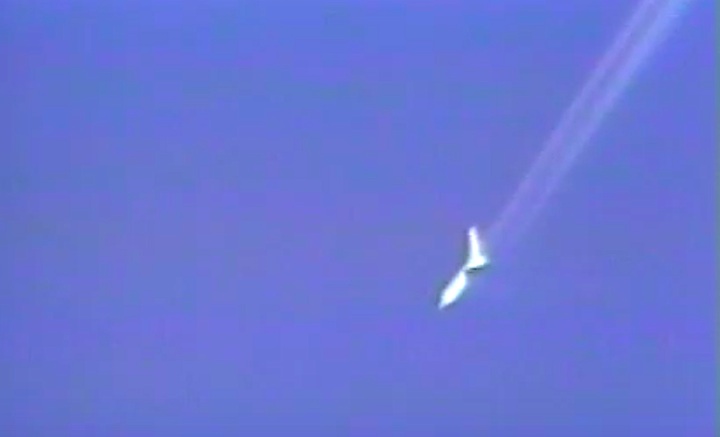
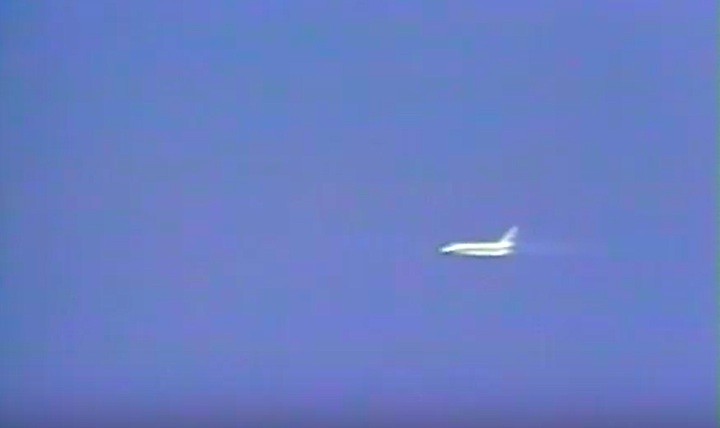
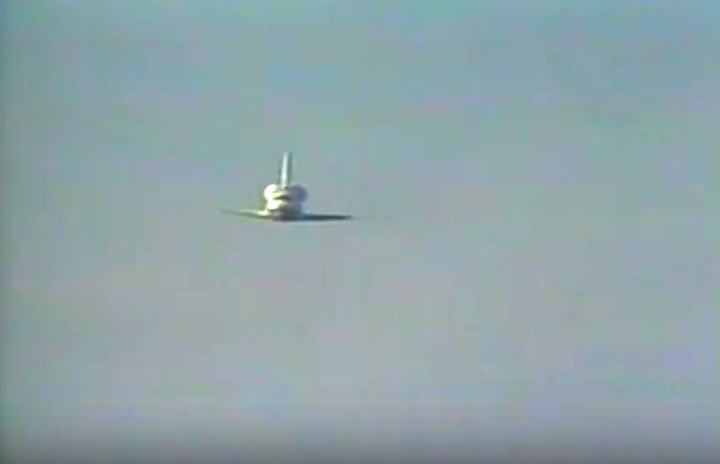
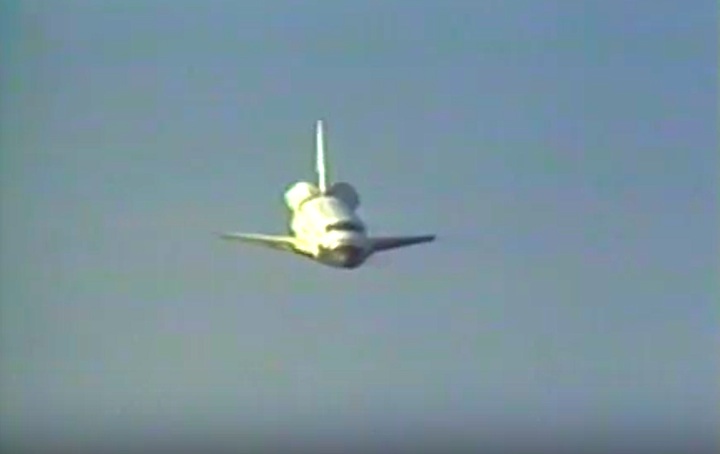
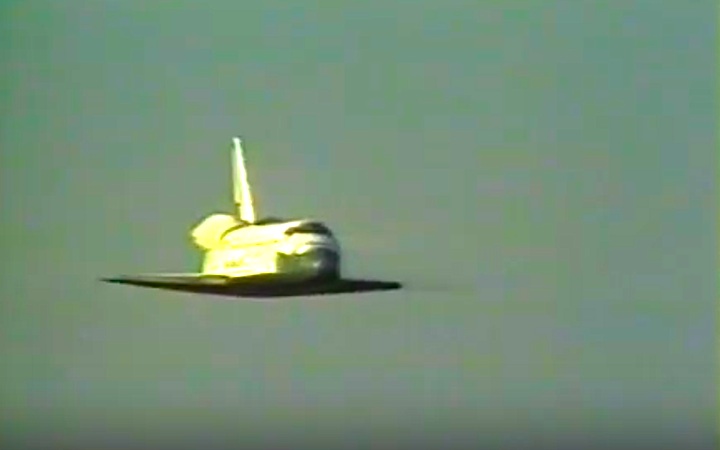
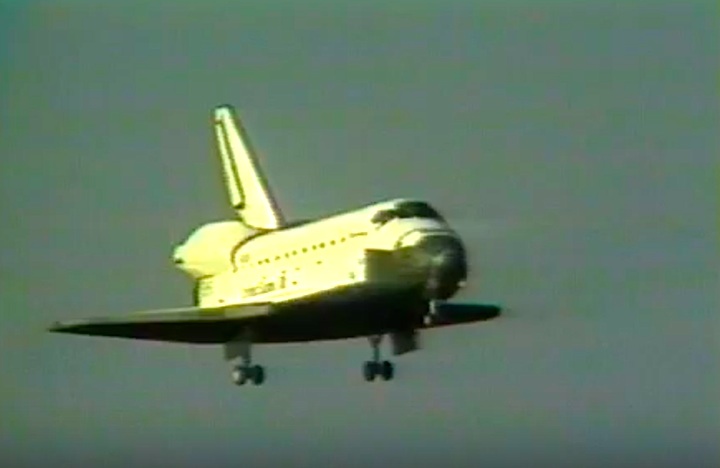
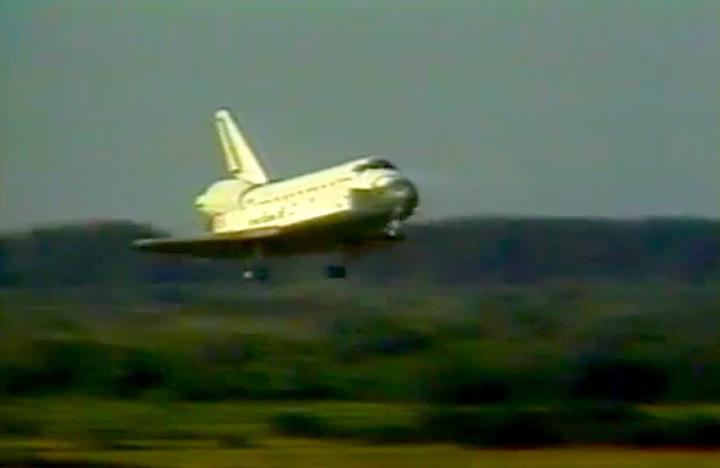
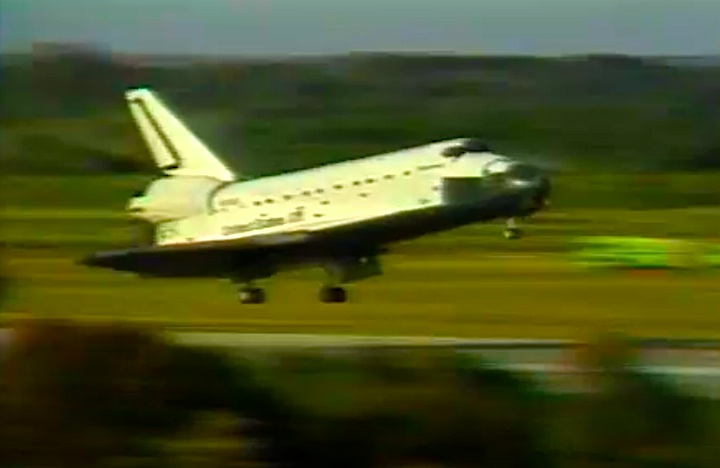
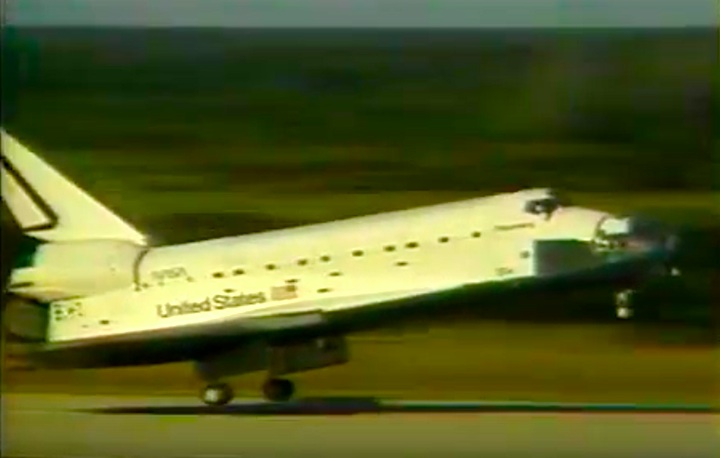
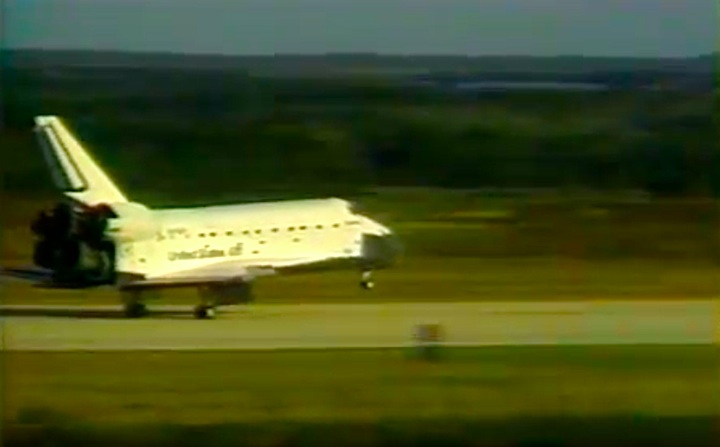
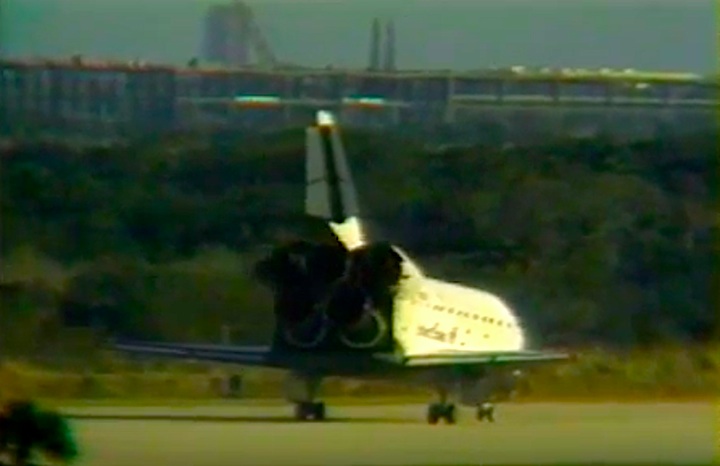
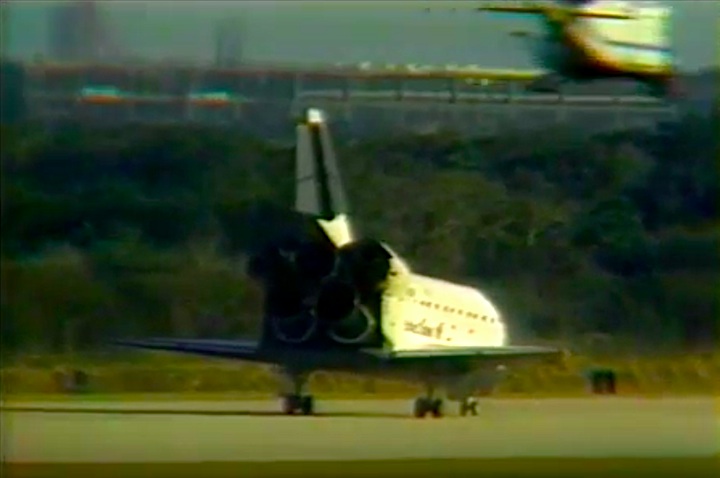
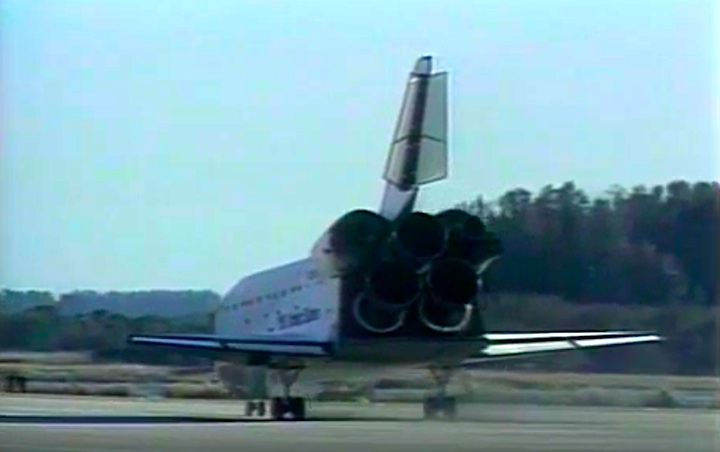
Quelle: NASA
